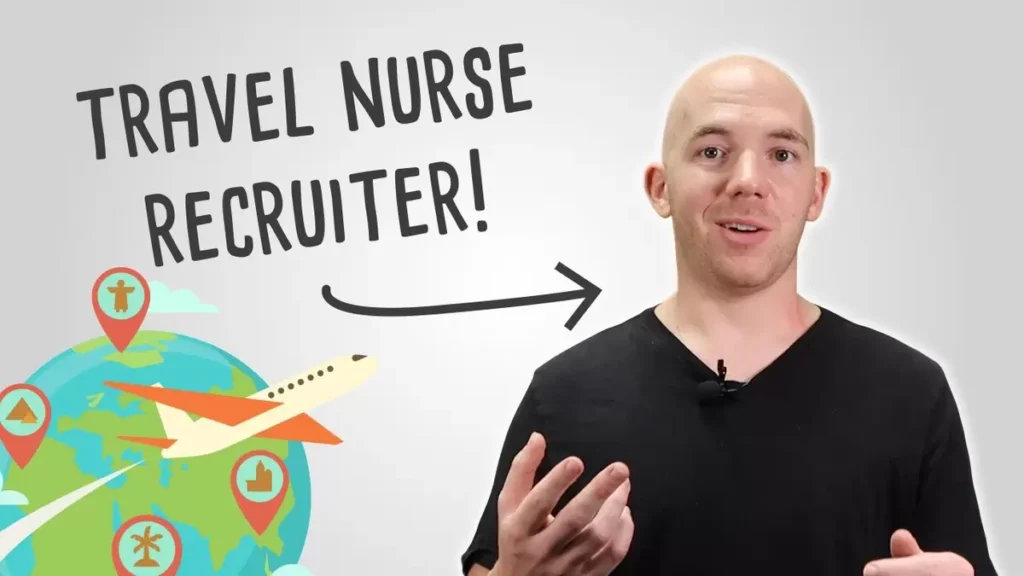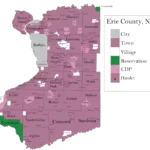A Guide to Launching a Career as a Travel Nurse Recruiter
This extensive Blog post provides an overview of pursuing a role recruiting travel nurses and detail How to become a travel nurse recruiter
Common Educational Backgrounds to become a travel nurse recruiter
While backgrounds in nursing or human resources are common, many recruiters hail from other healthcare adjacent fields. Over half possess a bachelor’s degree, with 10% holding graduate degrees.
Starting at the Ground Level
Interning at agencies offers hands-on learning. After a six-month internship at ABC Staffing, Abigail worked her way up from answering phones to junior associates.
Professional Certification
earning the certified Staffing Professional (CSP) designation through the American Staffing Association demonstrates commitment. Jennifer felt it validated her willpower to recruit first-rate practices.
Critical Skill Sets
Strong communication, organization, and empathy serve recruiters well. As Chris explained, “connecting with nurses’ motivations and needs” is paramount to satisfying placements.
Comprehensive Onboarding
Larger firms like Trusted Staffing invest over 100 hours in training interns on systems, regulations, and relationship building. Shadowing senior recruiters cements the process.
Growth Potential
Recruiters average three-year stays in entry roles before advancing. Marcus progressed from Junior to Senior Recruiter at Global Healthcare in just 18 months through performance and gaining new specializations.
Day-to-Day Responsibilities
Tasks include candidate sourcing, phone screens, facility assessments, contracts, and 24/7 support for current placements. Technology streamlines some processes.
Office vs. Remote Models
While 75% of roles remain based in hubs like Dallas or Chicago near hospitals, one-quarter now work fully remotely using digital tools to service regions.
For nurse advocates driven to empower mobility, travel nurse recruiting offers a dynamic healthcare career path. With experience or post-secondary training, entry is attainable for the right candidates.
Certified Travel Nurse Recruiter (CTNR)-How to become a travel nurse recruiter
The CTNR credential from the American Traveler Recruiter Certification Commission demonstrates expertise in travel nursing recruitment best practices. Requirements include 2 years experience recruiting travel clinicians and passing an exam covering topics like regulatory compliance, contracts, and crisis management.
Obtaining the CTNR can open doors to more specialized recruiting roles with a focus on travel therapy, travel pharmacy, or international assignments. Employers may prefer candidates with this certification when hiring for management positions.
The certification process involves self-study of a detailed manual highlighting the recruiter’s role in areas like facilities assessment, risk mitigation strategies, and cultural competency. Taking practice exams helps identify knowledge gaps to focus one’s preparation.
Recertification is required every 2 years which encourages recruiters to constantly expand their skills through continuing education. This ensures specialists stay on top of a field with changing needs and regulations. Overall, adding the CTNR to one’s resume demonstrates high standards and long-term commitment to the profession.
Freelance and Contract Recruiting
How some professionals start supplementing income remotely on a project basis.
freelance/contract travel nurse recruiting entails – typically taking on short-term mandates to help facilities fill open positions on a project basis.
Potential benefits like flexibility to take on opportunities around personal schedules or from any location using online systems/communication.
How to get started by approaching large staffing agencies, hospitals, or private recruiters directly offering contract services.
Common types of contracting roles like specialized short-term projects, maternity leave coverage, or overflow support when facilities are particularly shorthanded.
Tips for setting competitive day rates and negotiating clear terms like expected hours, deliverables, payment schedules.
Tools and systems self-employed recruiters rely on for networking, tracking candidates, evaluating suitable placements.
Strategies for obtaining steady work like specializing in hard-to-fill roles, building long-term client relationships, joining external recruiter networks.
Options to later transition contract work into permanent freelance recruiting if the independent model proves successful.
Advice on legal/tax implications of 1099 self-employment status from experts to ensure compliance.
Alternate Healthcare Staffing Careers
For recruiters seeking a change within healthcare staffing, similar industries offer comparable opportunities to leverage existing skills.
Travel Therapy Recruitment
Recruiting occupational, physical or speech therapists for travel assignments allows recruiters to specialize in rehabilitative services. Demand is growing with an aging population.
Travel Pharmacy Recruitment
Shortages in rural/underserved areas are addressed by travel pharmacists. Recruiters help facilitate these valuable placements.
Executive Healthcare Search
Recruiting permanent physicians and executives for facilities requires in-depth local network knowledge many recruiters already possess.
Locum Tenens Coordination
Staffing short-term “locum tenens” healthcare practitioner assignments, especially for small practices, diversifies a recruiter’s skills.
Vendor Management
Ensuring contract compliance for large, complex workforce solutions like supplemental or per diem staff involves a recruiter’s assessment abilities.
Managed Services Program Management
Overseeing all recruitment, hiring and compliance tracking demands recruiter talents but with more strategic oversight responsibilities.
As the healthcare talent acquisition industry continues growing, transferable recruiting experience affords career versatility meeting new staffing needs in related fields. Pursuing an “alternative” maintains rewarding work within the sector.
CONCLUSION-How to become a travel nurse recruiter
In conclusion, travel nurse recruiting presents an exciting career path for those interested in forging connections across the healthcare industry. With demand for mobility at an all-time high, recruiters play a vital role empowering nurses to pursue rewarding opportunities.
While there is no single defined roadmap, common pathways like starting as an assistant or intern through established firms provide hands-on immersion. Supplementing any degree with skills-building certification or specialized courses strengthens candidates.
Those drawn to constant learning, diverse challenges and supporting others through change would likely thrive in this dynamic field. Travel nursing promises continued growth, so recruiters able to specialize and take on leadership will find ample room for development.
Overall, recruitment demands empathy, organization and adaptability most of all. With targeted preparation and by networking within the community, motivated individuals wanting to help nurses follow their calling stand an excellent chance at breaking into this fulfilling profession. This guide outlines practical steps for pursuing the “how to become a travel nurse recruiter” dream.










